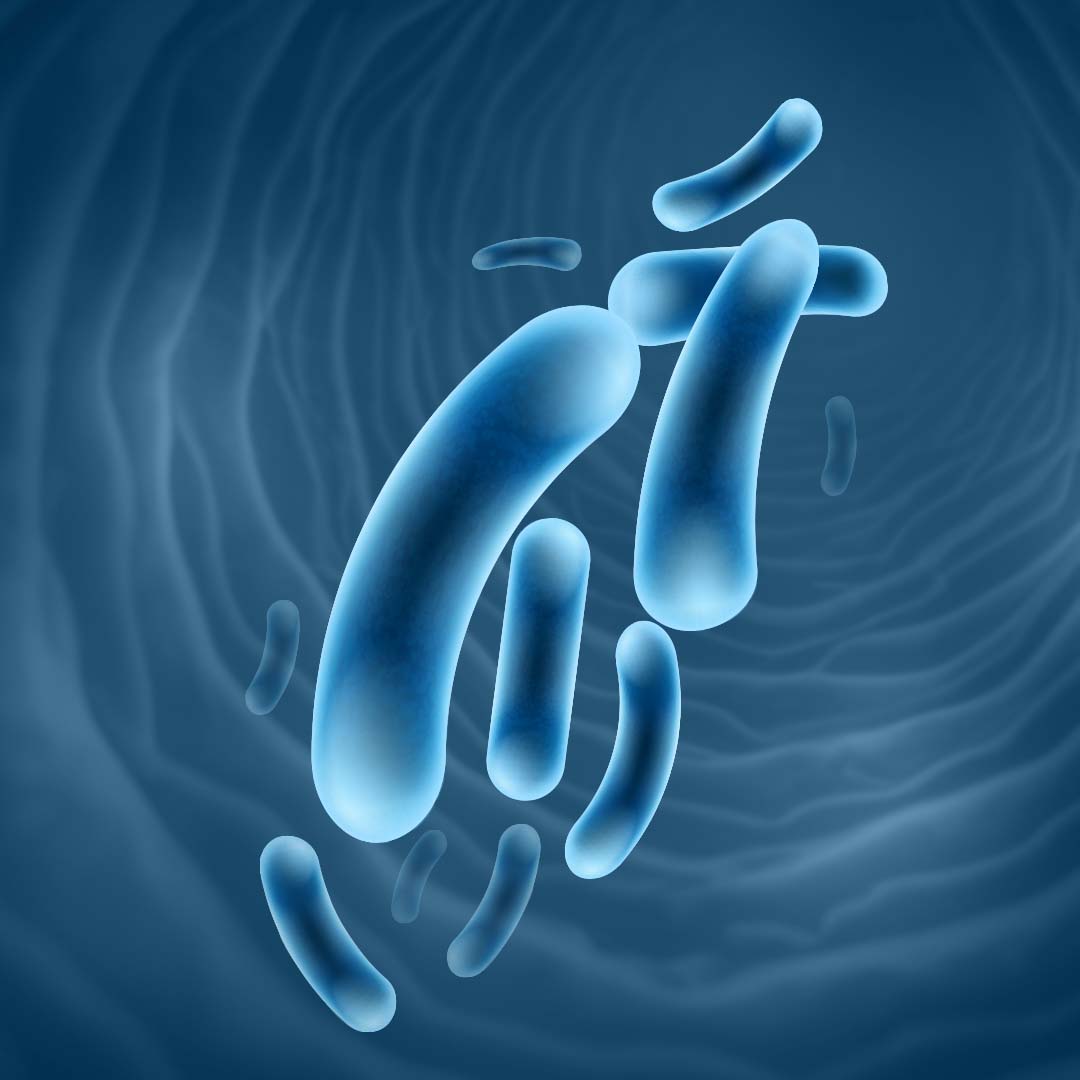Lactobacillus Casei
Back to ingredients
Food source: Sourdough breads, fermented foods like miso, kimchi and sauerkraut. Often added to yoghurts and other dairy products.
Benefits of Lactobacillus Casei
- Gut health
- Relieves bloating
- Relieves constipation
- Cardiovascular health
- Mental performance
What is Lactobacillus Casei?
Living in our guts are thousands of species of bacteria and the ‘good’ bacteria are called ‘probiotics’, and one of the most significant probiotics is the Lactobacillus strain.
Lactobacillus casei is one of these important organisms and plays a substantial role in the health of our digestive system. In a clinical trial including yoghurt with added probiotics, ‘Lactobacillus casei’ and ‘Bifidobacterium lactis’ improved the transit time of food through the digestive tract and reduced abdominal bloating. Another study found L. casei can improve the symptoms of diarrhoea by maintaining the diversity of the gut microbiome during antibiotic treatments. It has also been recommended for the therapy of chronic constipation. You may also enjoy reading ‘Why you should improve your gut health’ and ‘How to Look After Your Gut Through Your Diet’.
This important role that L. casei plays in the digestive system means that it has been associated with a range of broader health benefits, including controlling cholesterol.
It’s important to remember that probiotics like L. casei require fibrous prebiotics as their food, so we need to consume these in our diet for them to generate these health benefits. One of the most important of these is Inulin, which can be found in a range of fruit and vegetables.
You may also enjoy reading ‘Latest gut health research: IBS causes & symptoms revealed’ and ‘6 signs of an unhealthy gut’.











